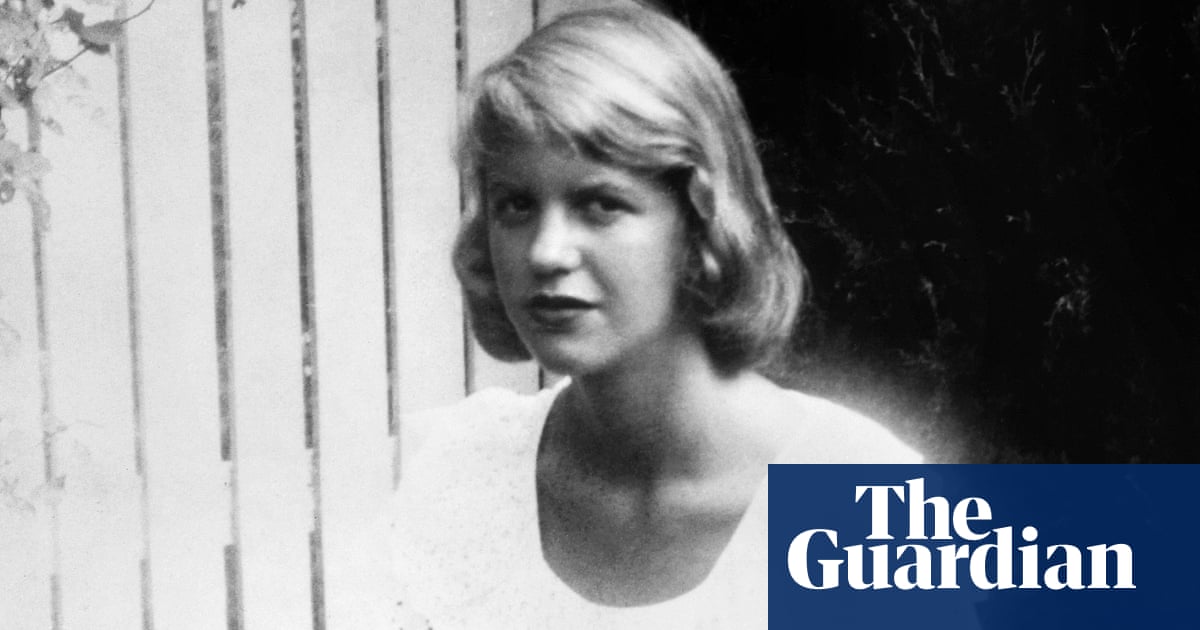
That day, I woke up and prepared to go to the airport with my assistant Jennifer, who had begun working with me not long before. This was our first trip together and we were going to go to Taiwan to prepare for an exhibition opening later that autumn. Our flight was to Hong Kong where we would transfer to Taipei.
Many things happened in the days before the trip. I had been under surveillance and followed by secret police for years, but the days before the trip involved more frequent visits. There were all kinds of excuses: a fire safety check, residential registrations, many strange reasons that had not been used before. I could sense something was coming, but I could never have imagined what would happen. They could have come to my home in Beijing to see me and take me away if they had wanted to. They could have come and questioned me at any time, but they never directly confronted me. When we approached the immigration checkpoint that day, I knew something was going to happen. A police officer took my passport and I saw the other police gathered in the hall begin moving toward me. Another police officer came and told me he had something to discuss. I followed him into another room. From there, I was led to a car, a black hood was put over my head and I was driven to an unknown area. That was the beginning of 81 days of solitary confinement.
How have you revisited the confinement in your own art?
I created a few pieces related to the period of detention. There was SACRED, an installation consisting of six iron boxes with scale dioramas depicting my detention conditions. It showed in exact detail how I slept, walked, ate, was interrogated, washed and used the toilet. I also made The Divine Comedy, a heavy rock album that directly reflected this time.
With this play, your confinement became an artwork – how does that feel?
When I heard of the play, I felt that it was created in the same spirit as my work at that time. I was trying to fight through all possible forms: artworks, online activities, interviews, happenings, photographs, videos. I would use whatever medium I could get.
What I have learned living in this kind of authoritarian society is that the struggle is often very difficult. Most of the time, your voice cannot be heard. There is no platform without censorship and tight police control. And even if you had a voice, very few people would be able to hear it. Those outside of China are too far away and nobody cares what they have to say. Those within China have the attention of a very small audience that shares the same feelings and can follow the argument. The arguments are not necessarily popular ones, either philosophically or aesthetically, and it takes some effort to follow along.
So when I heard at the time that a good theatre in London was putting on a play based on the book by Barnaby Martin, who is someone I knew to be very alert and attentive to my situation, I was encouraged and felt like it became a part of my activity.
How did the confinement change you?
This was a very harsh experience and it’s difficult to grasp it, or even deal with it. It’s not a common experience so it’s hard to share with another. There is no existing vocabulary to illustrate a condition that requires a special kind of reality. Once it comes to a point when the authority cannot rationally communicate or have a clear exchange of ideas or when they cannot allow the argument, then the only thing they can do is to make you feel that rationality, moral judgment and the law no longer work. They must prove to you that nothing works except power itself. And that power is identified with incomprehensible treatment, which can be ridiculous and surreal, but you must follow every step and detail to get through it.
The play’s title includes the hashtag #aiww. How did social media change your life?
It’s an intelligent title. It’s not social media that changed my entire life. My entire life is social media. Without social media, “Ai Weiwei” simply does not exist. I live by social media. In a religious sense, it’s not unlike the biblical reference to “the way, the truth, and the life”.
In the play, the interrogators accuse you of being a fraud and a conman. Did this happen – and does it reflect any kind of internal criticism you may have about your art and the marketplace?
It’s quite strange. The interrogators never believed that what I did could be called art. They could not believe that something I took could be called art, or that something I dropped could be called art, or an action on the internet or pointing my middle finger toward a monument could be called art. They thought I was famous because I was paid by western anti-China forces. I do not blame them. I don’t care whether my work is called art or not. I am an artist because I have no other job; it is not that I like the title very much. It is the only title where you don’t have to do very much and no one will question it because people don’t understand art anyway. I enjoy the liberty of being someone who is doing nothing practical. At the same time, in the west, including the art world, they think my work isn’t “serious”. I guess it is because I am not playing the game in the same way they are playing it, or my voice is different from their way of singing. This part I enjoy even more. If I have to call myself an artist, I would rather be different from the others.
Your father was imprisoned – did you find strength through his experience during these 81 days?
At the beginning of my detention, I was so proud of myself. I matched my father’s experience from 80 years ago when he was imprisoned by the Nationalist Party (Kuomintang) for political subversion. I was told my crime was subversion against the state.
Before I was detained, I was jealous of my father for having been imprisoned. Having grown up in this communist society, I was supposed to be a part of the second revolutionary generation. Having learned everything from Chairman Mao’s education, there was no chance for me to be a criminal. That was true until I made arguments about the lawfulness of the existing party. I became the ultimate enemy of the established power, but still without a crime. They don’t have to like me, but I did not think they would put me in jail. Once that was achieved, I kind of felt happy because it gave me an opportunity to argue my reasoning with them face to face.
Before the arrest, confrontations were never direct because they did not want to have any argument. First, they don’t think you are entitled to an argument and, second, they are incapable of making an argument. I had tried to initiate the argument for years on the internet. It became my own game. No one was answering me and therefore the argument couldn’t go further. I was fighting against an invisible enemy, which is everywhere but nowhere at the same time. So when it did happen, I thought it was wonderful. We are sitting face to face, two metres across, looking at each other. You ask a question and I answer. I felt some sense of power and usefulness in being confronted directly.
What advice do you have for artists who are struggling financially and spiritually at this time of lockdown?
Give up art. Do something which can bring home bread and soap. Rob a bank, but do not get caught.
There is a lengthy discussion in the play about how best to prepare Beijing noodles. What is your preferred method?
You need to watch the noodles cook, not for too long or too short. It is really dependent on what kind of sauce you are cooking with. It can be very basic or have a variety of flavours. You could really write a long book about just this topic …
#aiww: The Arrest of Ai Weiwei by Howard Brenton will be streamed by the Guardian from 10am on 27 April until 10pm on 3 May.












